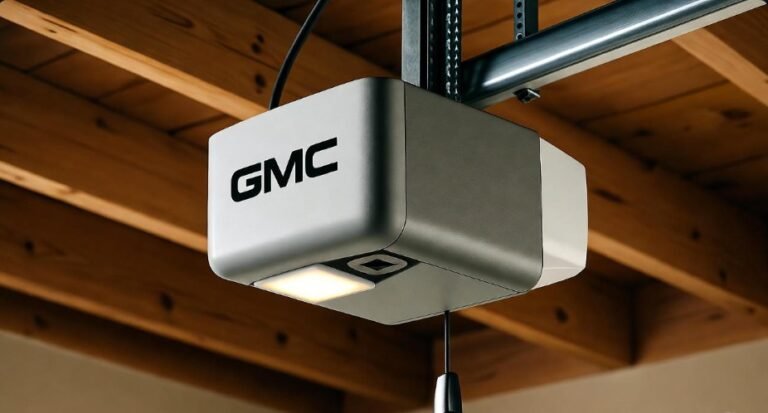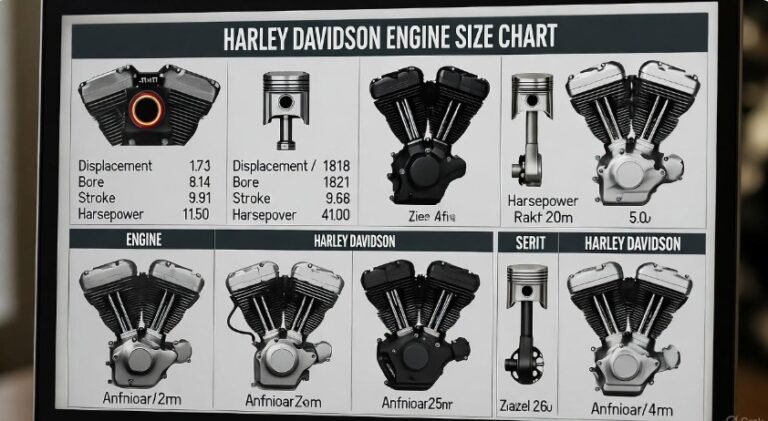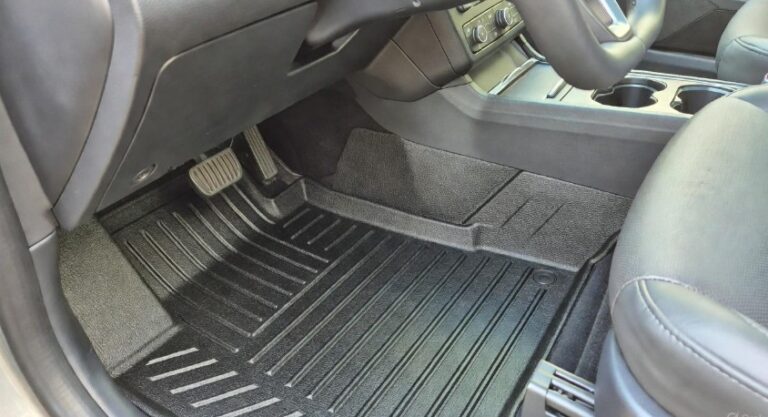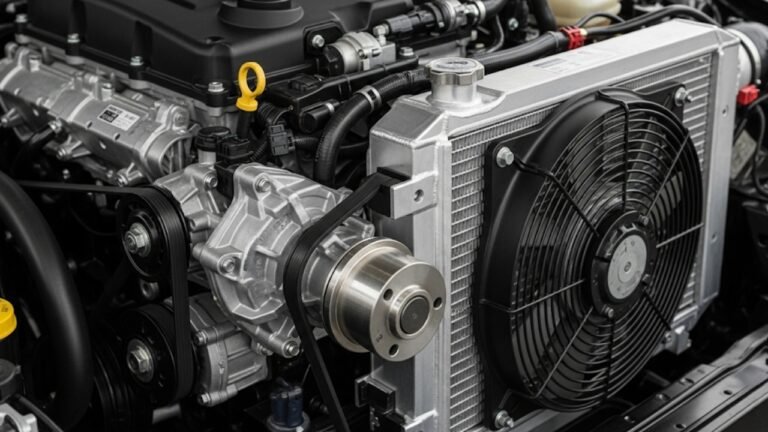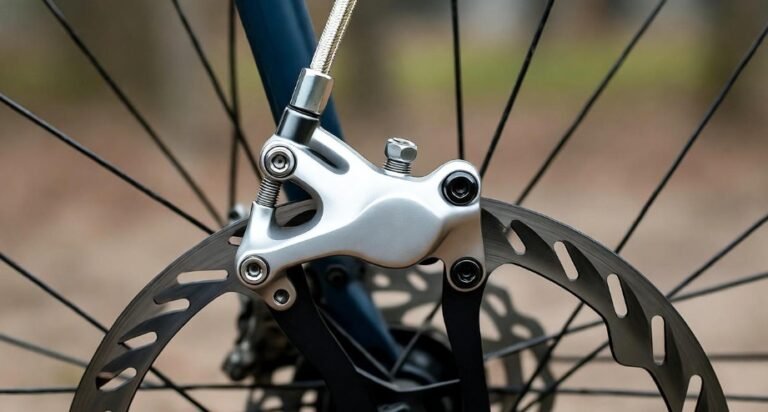How to Buy a Donated Car: Insider Tips for a Successful Purchase
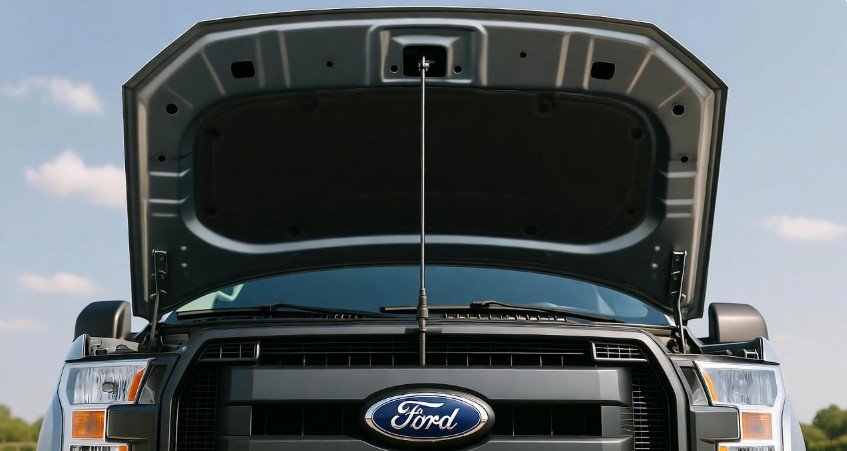
Have you ever thought about buying a donated car instead of going through a dealership or private seller? Many people overlook this hidden opportunity, even though it can help you save thousands while also supporting a meaningful cause. When you buy a donated car, you’re not just getting a vehicle—you’re helping fund charitable programs that make real change in people’s lives.
But here’s the truth: not every donated car is a great deal. Some are gems waiting to be discovered, while others might come with costly surprises. So, understanding how the process works, where to look, and what to check is the key to making a successful purchase. In this guide, I’ll walk you through everything—from researching charities to inspecting the car like a pro. By the end, you’ll know exactly how to buy a donated car safely and confidently.
In This Article
- 1 Understanding What a Donated Car Really Is
- 2 Researching Before You Buy: The Foundation of a Smart Deal
- 3 Finding Reliable Sources for Donated Cars
- 4 Understanding How Car Donation Auctions Work
- 5 Setting a Realistic Budget: Know Your Limits
- 6 Inspecting the Donated Car Like a Pro
- 7 Reviewing the Vehicle History Report Carefully
- 8 Understanding the Terms and Conditions Before You Pay
- 9 Why Buying a Donated Car Is a Feel-Good Investment
- 10 Negotiating the Price: How to Get the Best Deal
- 11 Handling the Paperwork Smoothly
- 12 Preparing for Delivery or Pickup
- 13 Common Pitfalls and How to Avoid Them
- 14 Tips for First-Time Buyers
- 15 Benefits Beyond the Car
- 16 Frequently Asked Questions (FAQs)
- 17 Conclusion: Make Your Donated Car Purchase a Success
Understanding What a Donated Car Really Is
Before jumping into listings and auctions, it’s important to know what makes donated cars unique. These vehicles are usually given away by people who no longer need them—maybe they bought a new car or inherited an extra one. Charities then sell these cars to raise funds for their programs, such as feeding families, supporting veterans, or funding medical research.
The beauty of buying a donated car is that your money goes toward something positive, not just into a dealer’s profit. It’s a win-win: you get an affordable vehicle, and a non-profit gets financial support. However, these cars can vary widely in condition. Some are almost new, while others might need a little TLC before hitting the road. That’s why your research and inspection skills matter so much.
Think of it this way—buying a donated car is like thrifting for a vehicle. With patience and attention, you can find something valuable for a fraction of the usual cost.
Researching Before You Buy: The Foundation of a Smart Deal
If you want to buy a donated car without regrets, your first step is research. Don’t rush into the first listing that looks appealing. Instead, take time to understand which organizations handle these sales ethically and transparently.
Here are some trusted types of sources to explore:
-
National Charities like Habitat for Humanity, Goodwill, or Wheels for Wishes.
-
Local Nonprofits that run donation programs for community projects.
-
Online Auction Platforms linked to verified charities.
When researching, check reviews, testimonials, and official websites. Be cautious of fake charity listings or “middlemen” trying to profit from others’ donations. A reputable charity will clearly explain how proceeds from the sale are used and offer proper documentation.
One personal tip: always verify if the charity is 501(c)(3) registered. This ensures your purchase supports a legitimate non-profit organization under U.S. law. Remember, transparency is your best friend when dealing with donated vehicles.
Finding Reliable Sources for Donated Cars
Once you know where to look, focus on finding reliable sources. The goal here is to avoid scams and poor-quality vehicles. Reliable organizations usually have a process that ensures vehicles are inspected and listed honestly.
Here’s what makes a good source stand out:
-
Clear vehicle details (make, model, mileage, condition).
-
Availability of vehicle history reports.
-
A return or satisfaction guarantee.
-
Verified charitable status.
Some platforms even allow you to browse photos, reports, and inspection notes online before attending an auction or visiting in person. That saves time and helps you avoid disappointment.
You might also want to check with local nonprofits directly. Many smaller charities sell donated vehicles themselves without using third-party auction houses. This can give you a better price and more assurance that your money goes straight to the cause.
Understanding How Car Donation Auctions Work
Most donated cars are sold through auctions. These can be online or in-person, and knowing how they operate will give you a huge advantage.
Here’s the basic idea: cars are listed one by one, and bidders compete by placing higher offers. The highest bidder wins the car. Some auctions start as low as a few hundred dollars, depending on the car’s condition and demand.
There are two main types of auctions:
-
Online Auctions: Platforms like Copart or Charity Motors let you bid from anywhere.
-
In-Person Auctions: Local events where you can inspect the cars physically before bidding.
Always check if the auction has a reserve price (the minimum the charity will accept). And be sure to read the fine print—some auctions charge buyer fees or require deposits.
Think of auctions like a game of chess. The key is patience and timing. Don’t bid too early or emotionally; instead, decide your maximum price limit in advance and stick to it.
Setting a Realistic Budget: Know Your Limits
When you decide to buy a donated car, budgeting is crucial. Sure, these cars often come at lower prices, but hidden costs can sneak up on you. Beyond the winning bid, you’ll need to think about taxes, registration, possible repairs, and insurance.
Start with a clear question: “What’s my total spending limit?” Then break it down:
-
Auction price (the amount you plan to bid)
-
Registration and title transfer fees
-
Immediate repairs or maintenance
-
Insurance coverage
Let’s say your total budget is $8,000. You might want to limit your auction bid to $6,500 to leave room for extra expenses.
Also, consider whether you’re paying cash or financing the purchase. If you’re taking a loan, check interest rates and terms beforehand. That way, you won’t get caught off guard later.
A smart buyer knows it’s not just about the lowest price—it’s about the best overall value.
Inspecting the Donated Car Like a Pro
Inspecting a donated car before buying is non-negotiable. Since these vehicles come from various owners, their conditions can vary drastically. Some might need only an oil change, while others could require major repairs.
If possible, inspect the car in person or bring a trusted mechanic. Here’s what to focus on:
-
Exterior: Look for dents, rust, or paint damage.
-
Tires: Check tread wear and age.
-
Engine: Listen for unusual noises or leaks.
-
Interior: Test all controls—AC, windows, and seats.
-
Test Drive: Feel the brakes, steering, and overall smoothness.
If you can’t inspect the car physically (especially in online auctions), ask for a vehicle history report. It will tell you about previous ownership, accidents, mileage, and maintenance records.
One quick tip: walk away if a seller avoids questions or refuses inspection requests. A legitimate charity will always support transparency.
Reviewing the Vehicle History Report Carefully
The vehicle history report is your best friend when buying a donated car. Think of it as the car’s “report card.” It gives you insight into how the car was used and maintained over time.
A reliable history report includes:
-
Number of previous owners
-
Accident and repair history
-
Odometer readings
-
Title status (clean, salvage, rebuilt)
-
Service and maintenance records
You can get these reports through services like Carfax or AutoCheck. Some charities even provide them for free.
If the report shows major accidents, odometer discrepancies, or a salvage title, think twice. These red flags often signal hidden issues that could cost you more in repairs later.
The rule of thumb? Always verify before you buy.
Understanding the Terms and Conditions Before You Pay
Before finalizing any deal, always read the terms and conditions of the sale. Many buyers skip this part, but it can protect you from future headaches.
Pay attention to:
-
Payment deadlines and methods accepted.
-
Return or refund policies (if available).
-
Transfer of ownership and title requirements.
-
Delivery or pickup instructions.
-
Auction or administrative fees.
Some charities offer short satisfaction guarantees, while others sell vehicles “as-is.” Knowing these details upfront helps you manage expectations and avoid misunderstandings later.
It’s also smart to keep copies of all documents—bills, contracts, and receipts. They’ll come in handy if you need to register the car or handle a dispute.
Why Buying a Donated Car Is a Feel-Good Investment
Let’s face it—buying a car is often stressful. But when you buy a donated car, the experience feels different. You’re not just purchasing transportation; you’re participating in something meaningful.
Imagine driving a car knowing your payment helped a local food bank or funded a child’s wish through a charity like Wheels for Wishes. That’s powerful. It’s a reminder that even a simple purchase can have a ripple effect in someone else’s life.
Plus, you might find a car that’s been well cared for by its previous owner, who chose to donate it out of goodwill. Many people donate not because the car is useless, but because they want it to serve a better purpose.
That’s what makes this kind of purchase special—it combines practicality, purpose, and positivity.
Negotiating the Price: How to Get the Best Deal
Once you’ve inspected the car and reviewed the history report, it’s time to think about price negotiation. Many buyers assume that charity auctions are fixed, but there’s often room to get a better deal.
Start by setting a maximum bid based on your budget and the car’s condition. During auctions, it’s easy to get caught up in the excitement and overspend. Stick to your limit like a compass guiding you through the chaos.
If you’re dealing with a direct sale from a charity, politely ask if they can consider a slightly lower price, especially if the car requires minor repairs. Sometimes, organizations are willing to accommodate reasonable requests because their goal is fundraising, not maximizing profit.
Remember, negotiation isn’t about haggling aggressively—it’s about being informed and confident. Highlight facts like mileage, repair needs, or comparable market prices to justify your offer. Approaching it with respect often yields better results.
Handling the Paperwork Smoothly
Buying a donated car comes with essential paperwork that must be handled carefully. Missing or incorrect documents can delay your registration or even create legal complications.
Here’s what to prioritize:
-
Title Transfer: Ensure the charity provides a clear, signed title. Some vehicles may have a “donor release” form.
-
Bill of Sale: This serves as proof of purchase and can be required for registration or insurance.
-
Receipt for Tax Deduction: Charitable organizations often provide a receipt reflecting your purchase, which may be eligible for tax benefits.
-
Vehicle History Report Copies: Keep these for your records.
A little diligence here goes a long way. Double-check all names, VIN numbers, and addresses on forms. Think of paperwork as the safety net that protects your investment—skipping steps could cost far more than the car itself.
Preparing for Delivery or Pickup
After winning an auction or finalizing a purchase, the next step is getting the car home safely. Many charities offer flexible delivery options, but logistics can vary.
Here’s what to consider:
-
Pickup Availability: Some charities allow buyers to drive the car home immediately.
-
Delivery Service: Certain organizations or auction platforms provide transport for a fee.
-
Insurance Activation: Before moving the car, make sure your insurance policy is active. Driving uninsured can be costly and illegal.
If the car is not in driving condition, professional transport is a must. Plan ahead to avoid delays or extra costs. Treat this step like preparing for a mini road trip—you want everything set before you take the keys.
Common Pitfalls and How to Avoid Them
Even though buying a donated car has many advantages, there are potential pitfalls to watch out for. Being aware of them can save you headaches and money.
-
Hidden Mechanical Issues: Even well-maintained cars can have problems. Always inspect and test-drive.
-
Incomplete Documentation: Missing titles or unclear ownership can cause registration problems.
-
Overbidding at Auction: Emotional bidding can exceed your budget. Stick to a maximum bid.
-
Unverified Charities: Scams exist, so only deal with reputable, transparent organizations.
Avoiding these mistakes is mostly about preparation and vigilance. Think of it as doing a background check—not just on the car, but also on the charity and auction platform. A little extra effort upfront pays off in peace of mind.
Tips for First-Time Buyers
For someone buying a donated car for the first time, the experience can feel like stepping into uncharted territory. Here are some practical tips to make it smoother:
-
Take Notes: Keep track of cars you like, their mileage, and condition.
-
Bring a Friend or Mechanic: A second opinion helps spot issues you might miss.
-
Compare Prices: Look at similar vehicles in the market to gauge value.
-
Ask Questions: Charities are usually happy to explain auction rules, fees, and vehicle conditions.
-
Be Patient: The perfect car may take time to appear. Don’t rush into a bad deal.
These small habits can turn a potentially stressful process into a rewarding, organized experience. Think of it as assembling a puzzle—you’re piecing together the perfect combination of price, condition, and purpose.
Benefits Beyond the Car
Buying a donated car isn’t just about getting a vehicle; it’s also about supporting charitable causes. Unlike traditional purchases, your money contributes to programs that feed families, help children, fund medical research, or provide community services.
Additionally, some buyers enjoy tax benefits. Depending on local laws, donations and purchases through charities may offer deductions or credits. This can make the financial equation even more attractive.
Finally, there’s the emotional benefit. Driving a car you purchased from a charitable auction often brings a sense of pride. You’re reminded that your decision is creating positive change. It’s a subtle but powerful motivator that adds value beyond dollars and cents.
Frequently Asked Questions (FAQs)
1. Are donated cars really affordable?
Yes. Donated cars often sell below market value because the charity’s primary goal is fundraising, not maximizing profit. Prices can be hundreds or even thousands less than similar vehicles sold through dealerships.
2. How do I verify the legitimacy of a charity selling cars?
Check for 501(c)(3) status, read reviews, and confirm their official website. Reputable charities will provide clear information on how proceeds are used.
3. Can I get a warranty on a donated car?
Some charities or auction platforms offer limited warranties or satisfaction guarantees. Always check the terms before purchasing.
4. What should I look for during a car inspection?
Check the engine, tires, brakes, exterior, interior, and electronics. Take a test drive and consider hiring a mechanic for an expert evaluation.
5. Are there hidden fees at auctions?
Yes, some platforms charge registration fees, buyer premiums, or delivery fees. Read the fine print and factor these costs into your budget.
6. Can I finance a donated car?
Many lenders provide loans for auctioned vehicles, but check the auction’s terms, as some may require upfront payment.
7. How do I handle a title transfer?
Ensure the charity provides a signed title and any additional documents needed for your state’s DMV. Double-check all information before leaving the auction or completing the sale.
8. Are online auctions safe?
Yes, if you use verified platforms and charities. Avoid unknown or suspicious websites, and always confirm the vehicle’s history and inspection details.
Conclusion: Make Your Donated Car Purchase a Success
Buying a donated car is a unique opportunity to save money, gain a reliable vehicle, and support a good cause all at once. By doing thorough research, inspecting the vehicle carefully, understanding auctions, and handling the paperwork diligently, you can avoid pitfalls and enjoy a smooth purchase experience.
Remember, the key is patience and preparation. Take your time exploring listings, ask questions, and don’t rush the process. With these insider tips, you’re equipped to find a donated car that fits your budget, meets your needs, and makes a positive impact on the community.
Whether you’re searching for a daily driver, a weekend project, or simply a cost-effective vehicle, buying a donated car can be an incredibly rewarding experience. With careful attention to detail, you can drive away not only in a car but also with the satisfaction of making a difference.

